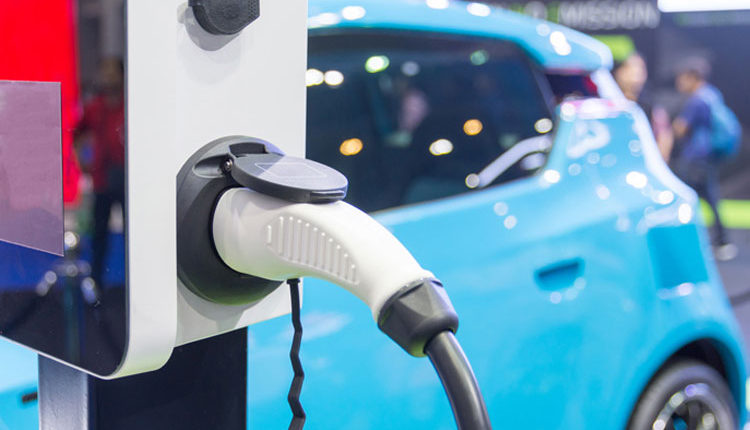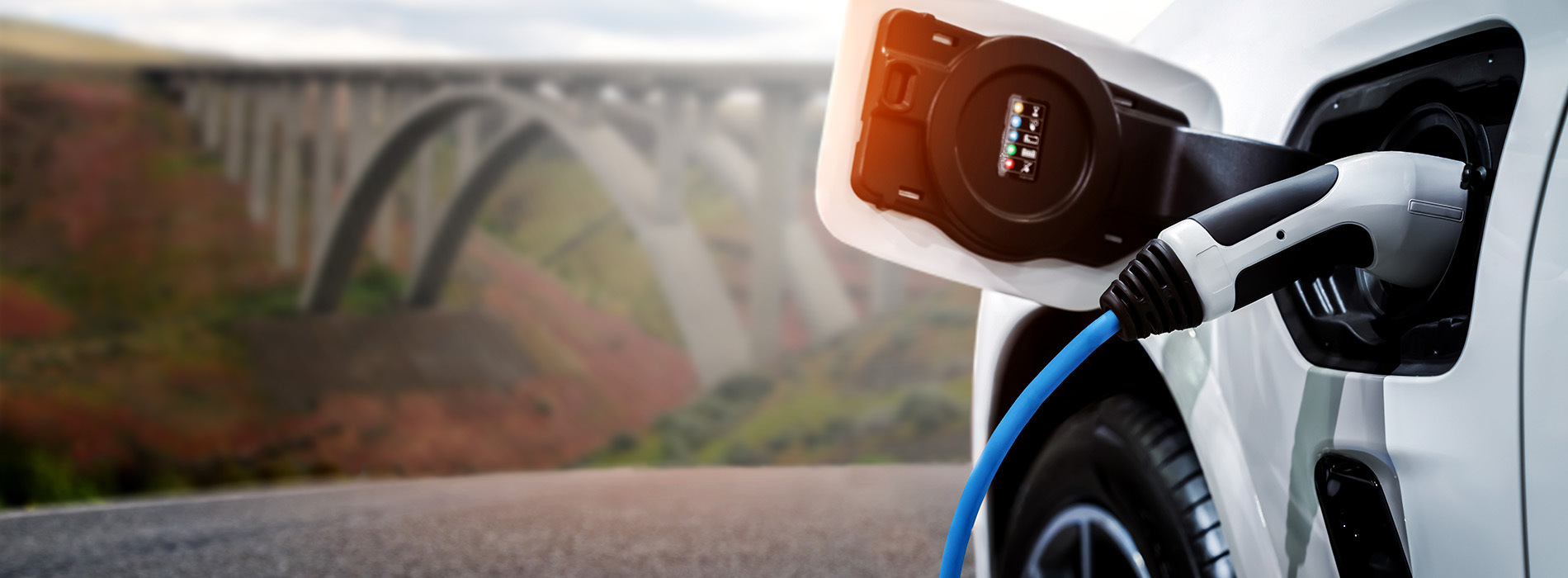The Future of Electric Vehicles and Why You Should Buy EV Charging news Now
The Future of Electric Vehicles and Why You Should Buy EV Charging news Now
Blog Article
New Advancement in EV Charging: Exactly How the Sector Is Developing to Meet Need
As the electric lorry (EV) market remains to expand, the charging framework is undergoing significant improvements to deal with the surging need. Trick developments in ultra-fast billing modern technologies, coupled with clever grid integration, are reshaping the landscape. Furthermore, technologies in battery innovation pledge enhanced effectiveness and sustainability. The pursuit of worldwide billing standards remains a vital factor in enabling seamless individual experiences and widespread adoption. The implications of these developments raise important concerns regarding the future of EV billing and its duty in the more comprehensive energy community.
Development of Charging Framework
The quick development of electrical vehicle (EV) billing infrastructure is a critical element in promoting the prevalent fostering of electric flexibility. As governments, private business, and consumers significantly acknowledge the relevance of lowering carbon discharges, investments in billing networks have risen. This infrastructure growth is important to ease range anxiousness, ensuring that EV customers have practical accessibility to billing stations.
Considerable developments accountable terminal modern technology and deployment techniques have actually emerged. Urban locations are seeing a proliferation of public charging terminals, while country regions are slowly being incorporated into the billing network. In addition, collaborations in between auto manufacturers and charging companies are becoming more typical, assisting in the establishment of detailed networks that improve customer experience and accessibility.
In addition, the assimilation of sustainable energy resources right into charging terminals is getting energy, promoting sustainability in the EV community. This transition not just sustains ecological goals but additionally straightens with the increasing need for green energy options among customers.
Ultra-Fast Charging Technologies
Ultra-fast charging technologies represent a substantial leap onward in the EV charging landscape, making it possible for electric cars to reenergize in a fraction of the moment compared to traditional billing approaches. These technologies commonly provide power degrees exceeding 150 kW, with some systems getting to up to 350 kW or more, significantly reducing charging times to just 15-30 mins for a substantial charge.
Key enabling modern technologies include improvements in battery chemistry, power electronics, and thermal monitoring systems. High-capacity batteries with boosted thermal security allow for faster charging without overheating. EV Charging news. Furthermore, growths in charging framework, such as liquid-cooled cables and modular charging terminals, help with effective power transfer, boosting the total user experience
Significant auto manufacturers and technology firms are proactively purchasing ultra-fast charging networks, identifying the vital role they play in conquering range stress and anxiety and increasing the fostering of electrical lorries. As these technologies end up being much more commonly offered, the EV market is expected to witness significant growth, making electric flexibility an extra appealing alternative for consumers. Overall, ultra-fast billing technologies are pivotal in shaping the future of lasting transportation, paving the way for a much more substantial and reliable charging ecosystem.
Smart Grid Integration

Through demand reaction approaches, wise grid systems can readjust billing timetables based upon grid conditions and power prices. As an example, check that during periods of high demand, charging can be postponed to off-peak hours, leading to reduced expenses for customers and lowered pressure on the grid. Additionally, vehicle-to-grid (V2G) modern technologies make it possible for EVs to release power back into the grid, providing ancillary solutions and boosting grid security.
Assimilation with renewable resource resources better boosts the sustainability of EV billing. By lining up charging tasks with periods of high solar or wind generation, smart grids advertise a greener charging infrastructure. Ultimately, clever grid combination not only supports the expanding need for EVs but likewise adds to a much more durable and lasting power future, placing the sector for lasting success.
Battery Developments
In the middle of the fast advancement of electrical lorries (EVs), battery technologies stand at the forefront, driving advancements in efficiency, performance, and sustainability. As the demand for EVs surges, producers and researchers are focusing on improving battery technologies to resolve obstacles such as range stress and anxiety and billing times.
Lithium-ion batteries stay one of the most extensively used modern technology, yet new materials and chemistries are emerging to boost energy thickness and long life. Solid-state batteries, for circumstances, assure higher energy storage capability and improved safety and security by changing fluid electrolytes with strong ones. This shift can significantly reduce look these up the risk of fire and raise the life expectancy of batteries.
Furthermore, developments in battery recycling procedures are essential for sustainability. Business are establishing techniques to recuperate useful products like lithium, cobalt, and nickel from utilized batteries, promoting a circular economic climate and lowering ecological impact.
Global Charging Criteria

Efforts are underway to develop global billing criteria that help with compatibility among numerous EV models and charging terminals. Organizations such as the International Electrotechnical Compensation (IEC) and the Society of Automotive Engineers (SAE) are working collaboratively with automobile suppliers and power providers to produce extensive standards. EV Charging news. These standards aim to enhance the charging process, minimize the requirement for numerous adapters, and improve user experience
Furthermore, standardization can dramatically bolster the expansion of the charging network, as it urges investment by making framework growth much more reliable and predictable. As the EV market matures, a unified approach to billing standards will be important for making certain that consumers can bill their automobiles comfortably and accurately, therefore supporting the more comprehensive change to lasting transportation.
Conclusion
The electric automobile billing industry is undergoing considerable makeover to deal with the surging demand for sustainable transportation. Developments accountable infrastructure, ultra-fast modern technologies, clever grid assimilation, and why not try here ingenious battery services are pivotal in improving individual experience and operational effectiveness. The quest of global billing criteria is essential for guaranteeing interoperability throughout various regions and systems. Collectively, these advancements position the industry to sustain a broader adoption of electrical lorries, ultimately adding to a more lasting future.
Urban areas are seeing an expansion of public charging stations, while rural areas are slowly being integrated into the billing network. Furthermore, advancements in billing framework, such as liquid-cooled cords and modular billing stations, help with efficient power transfer, improving the general individual experience.
On the whole, ultra-fast billing technologies are pivotal in shaping the future of sustainable transportation, paving the way for a much more reliable and extensive billing ecological community. - EV Charging news
By aligning billing tasks with periods of high solar or wind generation, wise grids advertise a greener billing framework.Efforts are underway to establish worldwide charging criteria that help with compatibility amongst numerous EV versions and billing stations.
Report this page